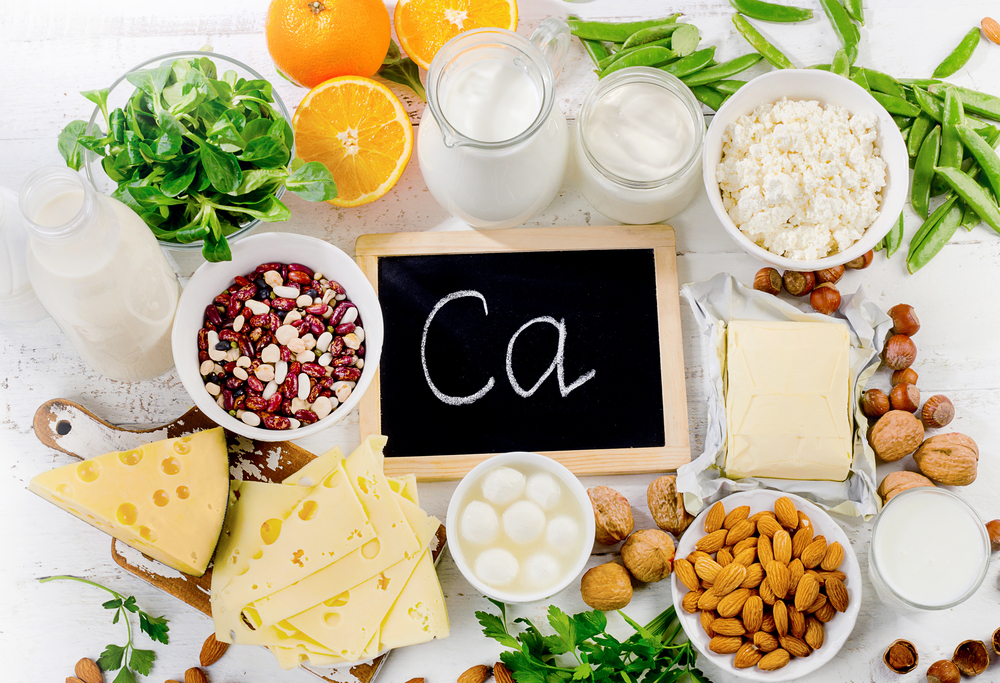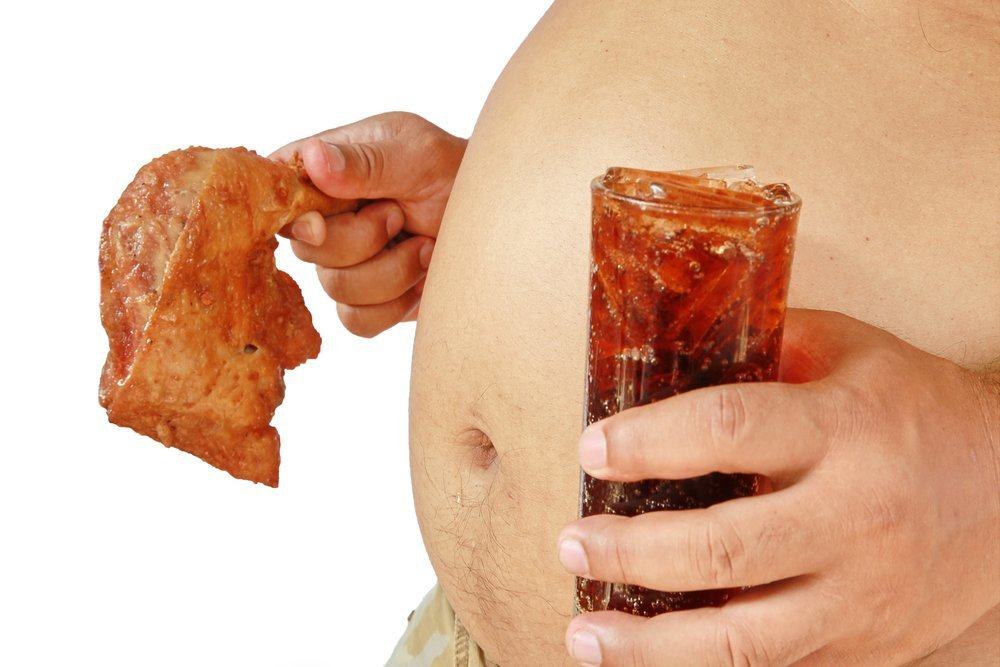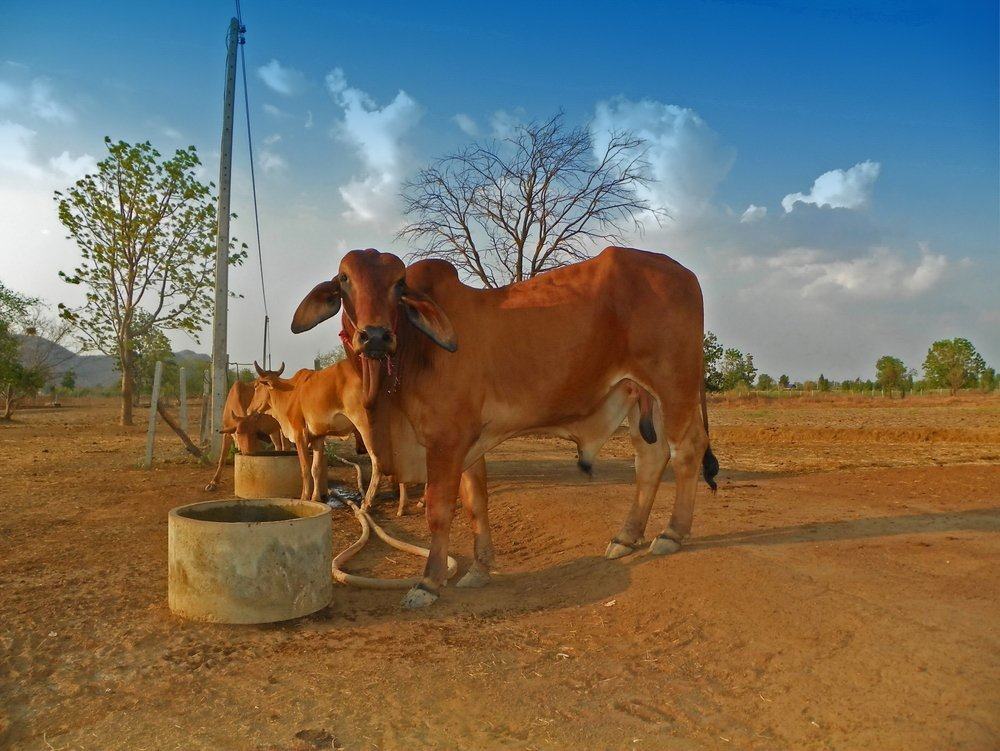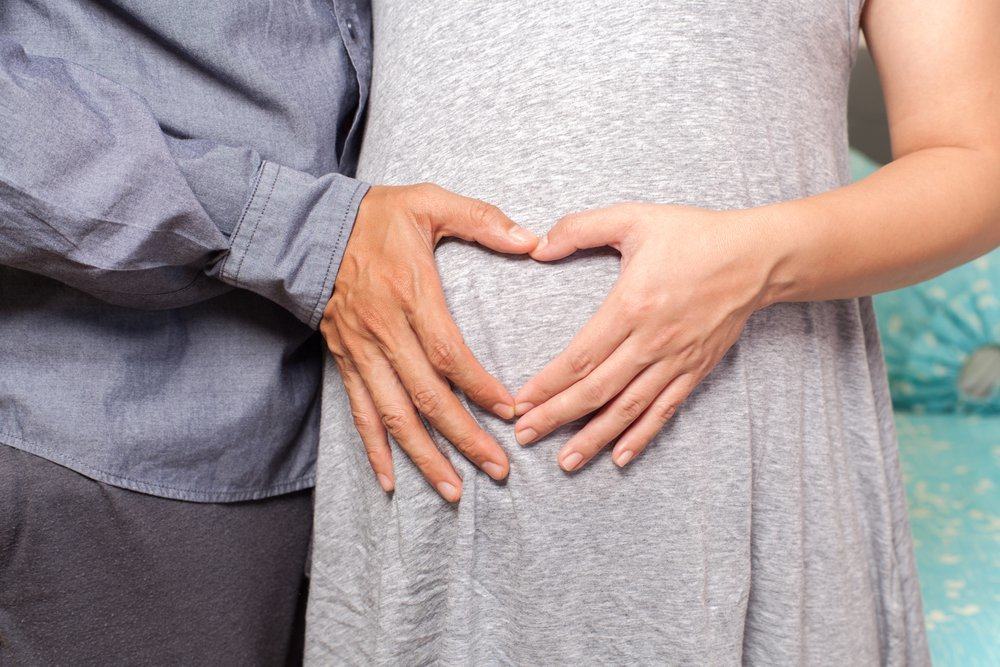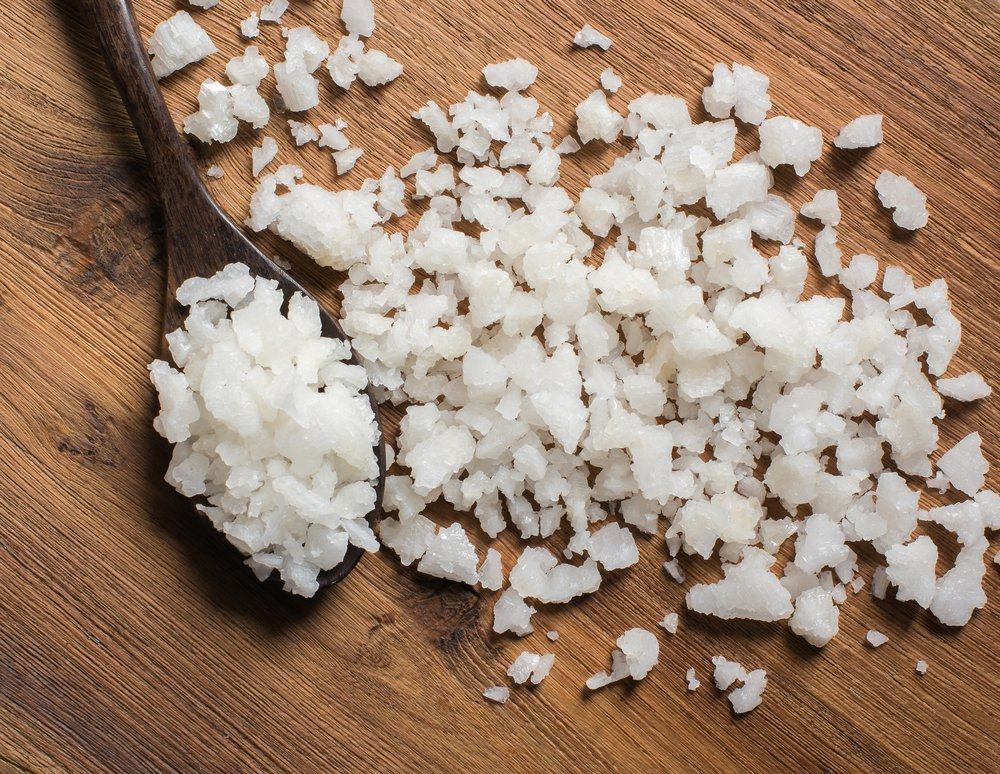Contents:
- Characteristics of calcium deficiency when fasting
- 1. Having high blood pressure (hypertension)
- 2. Easy tingling or numbness
- 3. Easily experience muscle cramps
- 4. Nails are brittle and break easily
- 5. Easily experience emotional changes
A body that lacks nutrition when fasting will usually show certain characteristics. Similarly, if you lack calcium. During fasting, you only have two chances to eat, namely at dawn and breaking fast. If the intake of nutrients such as calcium cannot be fulfilled properly, your body's functions will be affected. Then what are the signs of your body lacking calcium when fasting? Check out the review below.
Characteristics of calcium deficiency when fasting
1. Having high blood pressure (hypertension)
High blood pressure (hypertension) is much associated with most salty foods that contain sodium so that it can increase high blood pressure. However, if during fasting your blood pressure rises, one other cause could be because you lack calcium.
According to the National Institute of Health, several studies believe that sufficient calcium in the body can reduce the risk of high blood pressure. This finding was also reinforced by other new research, which showed that women who drank two glasses of nonfat milk per day (containing calcium and vitamin D), had a 10 percent lower risk of hypertension. This is different when compared to women who don't drink milk every day, quoted from the Everyday Health page.
Even so, further research is still needed to strengthen the relationship of calcium intake with the risk of high blood pressure. However, it's better to prevent than cure, right? So you should still meet your calcium needs during fasting.
2. Easy tingling or numbness
Have you ever experienced fasting when you have tingling or numbness in certain parts of your body? It could be that it is one of the characteristics of your body lacking calcium. Generally, tingling occurs in the legs and arms.
Reporting from Livestrong, tingling usually occurs when the body lacks calcium in a mild level. However, when the body experiences severe calcium deficiency, it will open up your chances of experiencing tetany. Tetani is generally characterized by muscle cramps, spasms, or tremors due to uncontrolled muscle contractions.
3. Easily experience muscle cramps
One characteristic of calcium deficiency during fasting is the appearance of muscle cramps in several parts of the body, such as in the hands and feet. Maybe one time muscle cramps are not a problem. However, if this condition occurs several times or even often during fasting, there may be something wrong with your body.
Solid activity during fasting requires you to maintain healthy bones and muscles to support all bodily functions. Then it does not rule out the possibility of weakening the bones and muscles of the body if it is not accompanied by consumption of foods with adequate calcium sources.
According to Shira Sussi, a nutritionist at the New York Presbyterian Hospital stated that the sign of calcium deficiency is experiencing pain in the muscles and bones. Because calcium can help muscles and bones to work more optimally. Not only from milk, you can also get calcium from food sources such as sardines, eggs, spinach, tofu, soybeans, lettuce, anchovy, and so on.
4. Nails are brittle and break easily
Finger nails may be just a small part of your body. However, do not underestimate if there are problems with your nails. Fragile and easily broken nails are one of the characteristics of unhealthy nails. This can be caused by errors in caring for nails or due to lack of nutrient intake in the body, one of which is calcium.
Yes, lack of calcium can actually have an impact on the health of your nails. Nails that lack calcium will not be as strong as other normal nails, the nails will become weaker so they are prone to breakage. To overcome this, make sure you meet calcium reserves in the body. You do this by consuming at least three servings of milk or yogurt a day, eating foods with high calcium sources, or taking calcium enhancing supplements at dawn and breaking fast.
5. Easily experience emotional changes
Fasting does not only require you to resist hunger and thirst, controlling emotions is also important to maintain the smooth functioning of your worship. Well, if your fast is easily ignited by emotion, maybe one of the reasons is because the calcium reserves in your body are thinning.
To prevent this when fasting, you should meet your body's calcium needs per day according to your age. According to Nutrition Adequacy Rates from the Indonesian Ministry of Health, if you are 10-18 years old, you should fill 1,200 milligrams (mg) of calcium intake per day; ages 19-29 years as many as 1,100 mg per day; and 1,000 mg per day for those over 30 years old.

